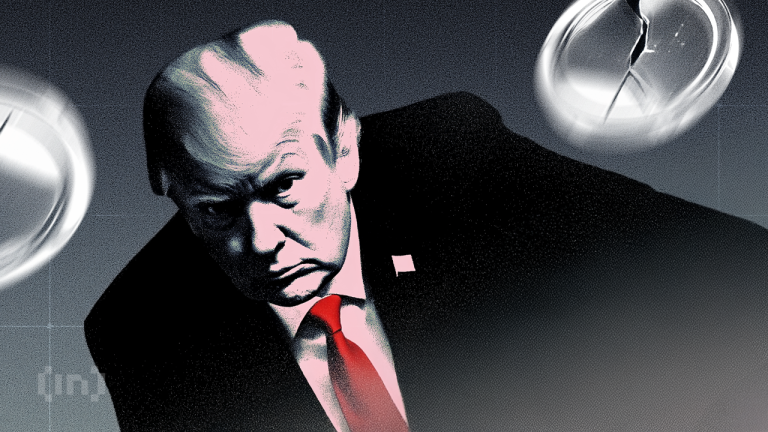
The collapse of FTX sent shockwaves through the cryptocurrency world, highlighting the very issue decentralized technology was designed to address: the dangers of centralized authority. Vitalik Buterin, co-founder of Ethereum, took this opportunity to reinforce the core values of decentralization and transparency within the crypto ecosystem.
The Root Cause: Trust in Centralized Leadership
During his keynote speech at Devconnect in Argentina, Buterin cited the downfall of FTX as a cautionary tale for the crypto community. Sam Bankman-Fried’s centralized approach left FTX vulnerable to a catastrophic failure, where misuse of customer funds led to an $8 billion collapse. Buterin emphasized that Ethereum operates on a vastly different model, one guided by trustless and decentralized principles.
Unlike traditional businesses where major decisions are handled top-down, Ethereum is globally governed by a community-driven development model. With rules enforced through open and verifiable code, Ethereum eliminates the single points of failure that plague centralized systems.
Shift Toward Decentralized Platforms
FTX’s collapse sparked a migration of users toward decentralized exchanges like Hyperliquid, platforms that allow peer-to-peer trading without the control of a central authority. This demonstrates the growing demand for secure and transparent systems, mirroring Buterin’s vision for the future of crypto.
The “Trustless Manifesto”: A Path Forward
As the crypto space continues to evolve, the newly released “Trustless Manifesto” provides a roadmap for achieving true decentralization. The document outlines six essential requirements for decentralized networks and warns against overreliance on centralized tools, including cloud service providers. It encourages the Ethereum community to maintain its commitment to openness, transparency, and decentralization—even as centralized solutions offer convenience.
Ethereum’s Challenges and Road Ahead
Despite its groundbreaking transition to proof-of-stake and continuous upgrades, Ethereum isn’t immune from criticism. Former core developer Péter Szilágyi has raised concerns about concentrated influence within Ethereum’s governance. These criticisms only underscore the importance of decentralization, a principle central to Buterin’s philosophy and the “Trustless Manifesto.”
Ethereum’s sustained focus on decentralization ensures its resilience and potential for long-term growth. With ETH still recovering from its recent dip below $3,000, supporters remain optimistic about the project’s future.
Stay Informed: The Future of Decentralized Technology
The lessons from FTX and the insights from leaders like Vitalik Buterin serve as reminders of why decentralization is more than just a buzzword—it is the foundation of a safer, fairer crypto landscape. Follow the latest in cryptocurrency, DeFi, and blockchain technologies with up-to-date analysis on opportunities, challenges, and future trends.
Recommended Product
If you’re exploring decentralized finance, consider using a secure hardware wallet like the Ledger Nano X. With unmatched security features, it’s an excellent choice for safeguarding your crypto investments. Learn more on their official website.



